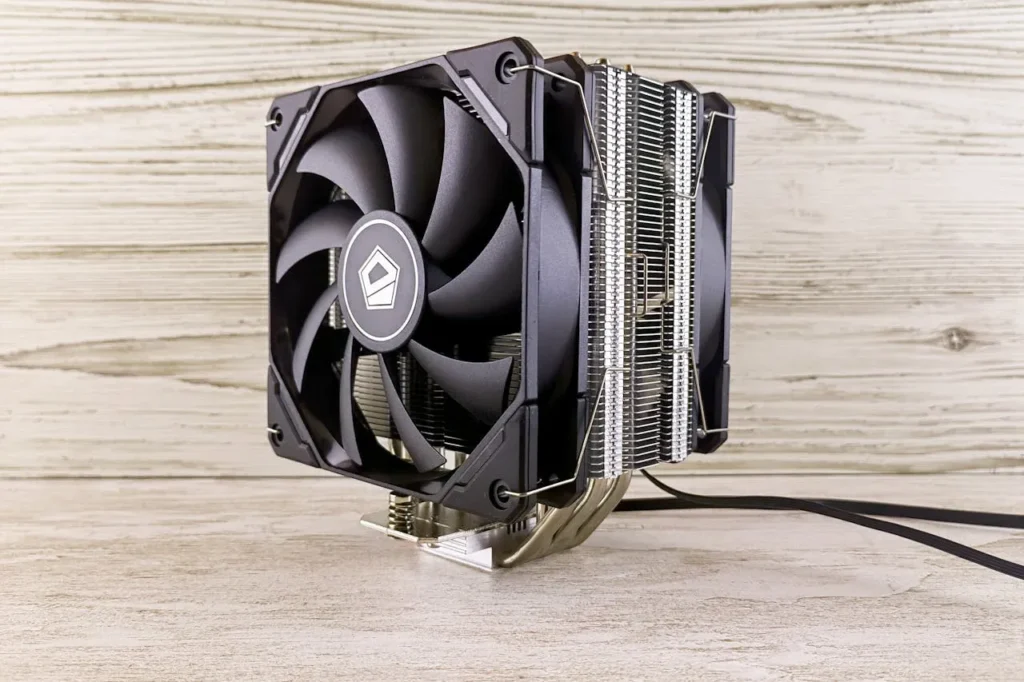
Emerging Trends in New Energy Vehicle Thermal Management Systems
The “New Energy Vehicle Thermal Management System Market Research Report 2024” highlights the evolution and significance of advanced thermal management technologies as the automotive industry transitions to electrification. This shift has introduced unique challenges in managing heat and energy efficiency for new energy vehicles (NEVs), prompting innovations that redefine traditional systems. The report explores the latest advancements, market trends, and industry developments that shape this dynamic field.

The Need for Intelligent Thermal Management Systems
As Energy Vehicles, including electric vehicles (EVs), plug-in hybrid electric vehicles (PHEVs), and range-extended electric vehicles (REEVs), gain market share, thermal management systems (TMS) have become critical for maintaining performance, safety, and efficiency. Unlike internal combustion engine vehicles, NEVs require sophisticated solutions to manage battery temperatures, cabin climate, and powertrain components.
The industry is witnessing a shift from traditional distributed thermal systems to integrated and intelligent designs. New strategies emphasize modular structures and intelligent controls, incorporating technologies like heat pumps, liquid cooling systems, and multi-port valves to enhance energy optimization.
Heat Pump Adoption in NEV Passenger Cars
Heat pumps are becoming a standard feature in Energy Vehicles, offering superior energy efficiency compared to conventional positive temperature coefficient (PTC) systems. As of 2024, 368 new energy passenger car models are available, including 240 EV models, 106 PHEV models, and 22 REEV models. Among these:
- Battery electric passenger car models: 47.5% equipped with heat pumps.
- Plug-in hybrid passenger car models: 6.6% equipped with heat pumps.
- Range-extended electric passenger car models: 4.5% equipped with heat pumps.
From January to June 2024, global sales of new energy passenger cars reached 4.689 million units. Of these, models equipped with heat pumps accounted for 31.3% of sales, while 62.3% utilized PTC systems. Mid-to-high-end configurations with optional heat pumps contributed to 6.4% of sales.
In China, the adoption of heat pumps varies by price segment. For battery electric passenger cars:
- Models priced between RMB 200,000 and 250,000 accounted for 37.6% of sales (586,000 units).
- Models in the RMB 100,000 to 150,000 range ranked second with 354,000 units (22.7%).
- Sales of models priced at RMB 150,000 to 200,000 totaled 207,000 units (13.2%).
The Energy Vehicles overall cost of heat pump systems continues to decline due to increased competition among manufacturers and the localization of thermal management system production. This trend enhances affordability and accessibility for NEV buyers.
OEM Innovations in Thermal Management Systems
Leading Energy Vehicles manufacturers are pioneering integrated thermal management solutions that combine advanced control strategies, innovative designs, and the latest materials. These systems not only enhance energy efficiency but also improve reliability and reduce system complexity.
Li Auto
Li Auto’s thermal management system integrates multiple components into a compact, multi-port valve design with a heat pump and waste heat recovery. Its “super thermal management module” consolidates 16 functional components, including pumps, valves, and heat exchangers, achieving significant system simplification and improved efficiency.
BYD
BYD’s innovative “16-in-1” integrated thermal management system, based on the BC series heat pump under the e-platform 3.0 architecture, ensures efficient energy use. Energy Vehicles It manages cabin climate, battery cooling, and heat recovery through advanced domain-level controls via BYD OS. This system reduces energy loss while delivering heating, cooling, and preheating functions for various vehicle subsystems.
Neta Auto
The Haozhi Platform’s integrated thermal management system Energy Vehicles by Neta Auto emphasizes low energy consumption and high efficiency. It utilizes heat pump air conditioning technology with power consumption under 800W, extending winter driving range by up to 20%.
Emerging Technologies in Thermal Management
Intelligent thermal management systems increasingly rely on integration and automation. Key components include:
- Thermal Management Controllers (TMC): These integrate the control of electronic expansion valves, water pumps, and water valves into a unified system, reducing component complexity and improving reliability.
- Advanced Sensors: MEMS (Micro-Electro-Mechanical Systems) sensors enable precise temperature and pressure monitoring, crucial for energy efficiency and safety.
EVPT’s Thermal Management Module (TMM):
Using an NXP FS32K146 control chip, this module supports ISO26262 ASIL-B functional safety standards, ensuring high reliability and robust performance.
TDK’s Integrated Sensors:
TDK’s innovative sensors combine temperature and pressure measurement capabilities, offering compact, lightweight, and highly accurate solutions for real-time monitoring of heat exchange efficiency in NEVs.
Melexis MLX90834 Pressure Sensor:
Released in September 2024, this MEMS-based sensor delivers precise measurements for both liquid and gas media, supporting advanced thermal management in automotive applications.
Challenges and Future Directions
Despite advancements, Energy Vehicles challenges persist in developing integrated thermal management systems. Key issues include:
- Inaccurate Temperature Control: Precision is critical for maintaining battery performance and ensuring passenger comfort.
- Energy Waste: Inefficient thermal systems can reduce overall vehicle range and performance.
To address these challenges, further research is needed in advanced temperature and pressure sensing technologies. MEMS sensors and collaborative efforts between OEMs and suppliers will play a pivotal role in overcoming these limitations.
Reliability as a Cornerstone of Success
Reliability remains a top priority forEnergy Vehicles thermal management systems. High-quality components, rigorous manufacturing standards, and extensive testing ensure system stability. These factors are essential for maintaining competitive advantages in the growing Energy Vehicles market.
Market Insights and Forecasts
Global NEV Sales and Market Trends:
The NEV market continues its upward trajectory, with robust sales growth worldwide. China remains a leader in both production and adoption, contributing significantly to the thermal management market.
Cost Dynamics:
The decreasing cost of thermal management systems, driven by competition and innovation, is enabling wider adoption of advanced technologies like heat pumps and integrated controllers.
Competitive Landscape:
Key players in Energy Vehicles the thermal management industry include Denso, MAHLE, Valeo, Hanon, and Continental. Emerging companies such as BYD, NIO, and Li Auto are also making significant contributions with proprietary solutions.
The “New Energy Vehicle Thermal Management System Market Research Report 2024” underscores the transformative role of thermal management systems in the NEV industry. Intelligent, integrated solutions are becoming the standard, addressing the unique challenges posed by electrification. As technologies evolve, collaboration between OEMs, suppliers, and technology providers will drive further advancements, ensuring that NEVs achieve new levels of efficiency, reliability, and performance.
With continued innovation and cost reductions, thermal management systems are set to become even more integral to the success of Energy Vehicles s in the global automotive market.







